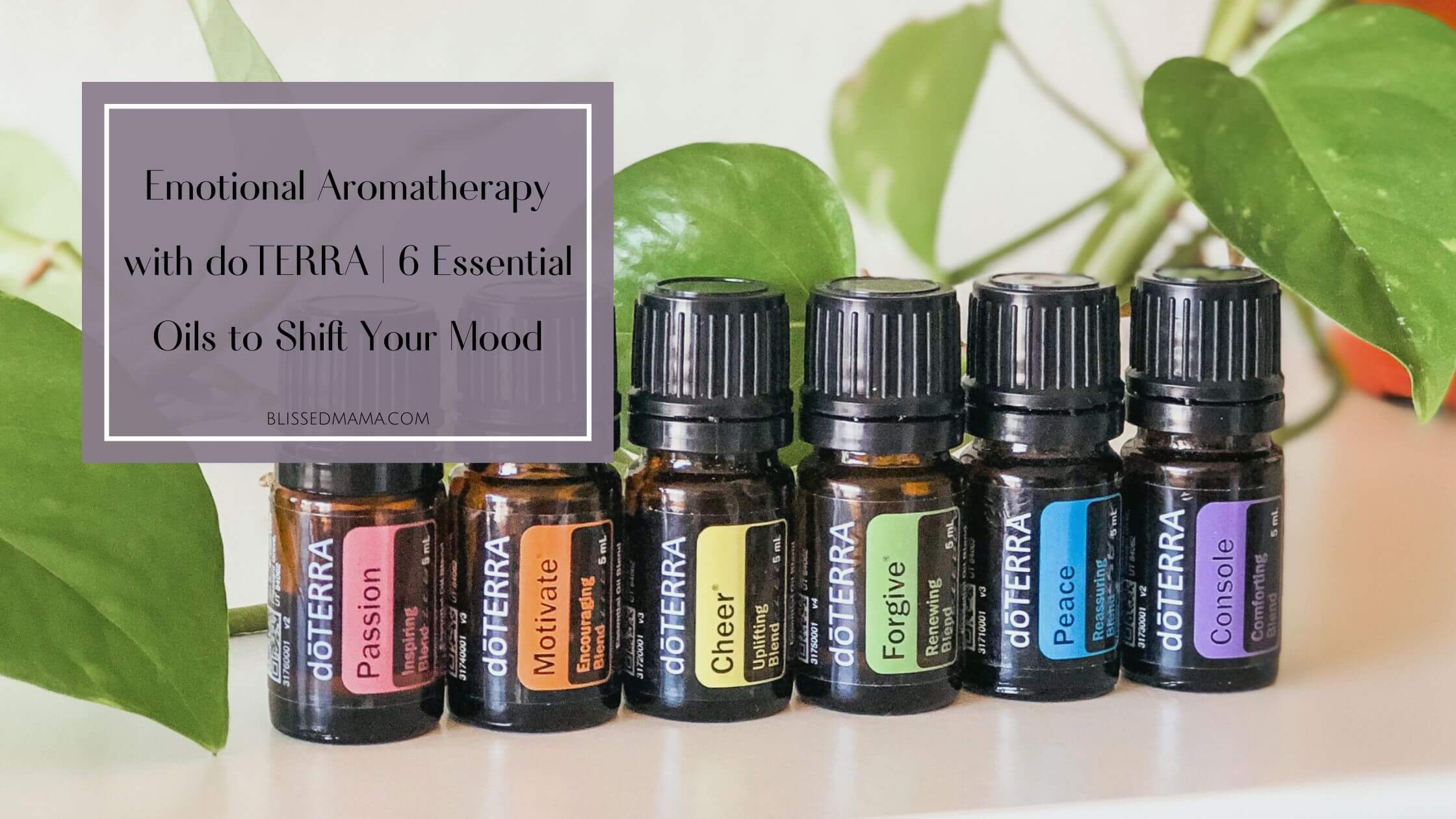Sleep deprivation is becoming a common problem for many adults around the world. With more than a third of people exhibiting symptoms of insomnia, it’s normal for people to ask what essential oils are good for sleeping.
While there are plenty of sleep drugs you can take to get more restful sleep, many people would prefer to try holistic medicine first.
There are lots of different essential oils for sleep that act as a natural sedative to improve sleep quality and send you into deep sleep.
If you’re looking for essential oils as a treatment for sleep disorders, you’ve come to the right place. Here are some of the top aromatherapy oils to incorporate into your nightly routine.
(Note. While we earn commission from the links in this article, we only recommend the products we truly believe will improve your sleep the most. These commissions come at no extra expense to you and help us to keep providing you with expert sleep information for free.)
What Are Essential Oils?
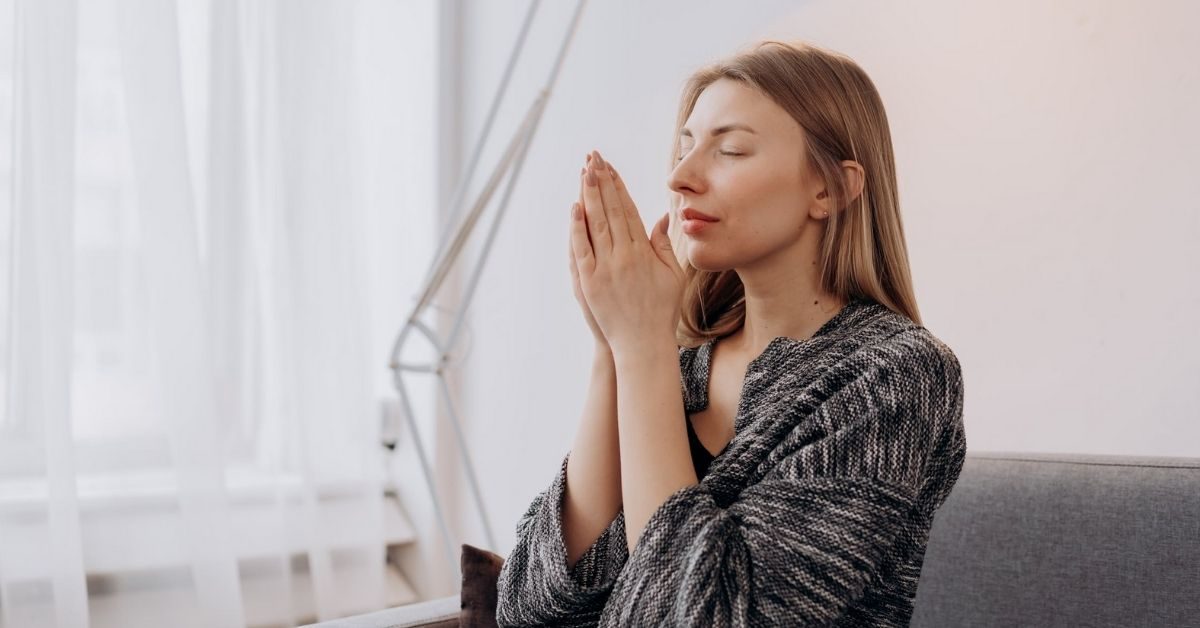
Essential oils are plant extracts and oils that are used as herbal medicine due to their natural healing properties.
Essential oils can be used directly on the skin to provide topical soothing effects or they can be used through inhalation aromatherapy where the user inhales the soothing scents.
Not only do aromatherapy oils help with stress relief, but they can also act as an alternative to many harsh chemicals to provide holistic medicine for lots of different conditions, including sleep disorders.
Ways That Essential Oils Are Used
Essential oils are broad in their benefits and their potential uses. You can use aromatherapy on symptoms and conditions that range from high blood pressure to insomnia.
Each different type of aromatherapy has a different extraction method. Despite this, they can all be used in a variety of ways to access the benefits in a way that suits you. Here are some of the best ways to use essential oils to help sleep quality.
Diffusing essential oils
Diffusing essential oils is perhaps the most preferred method for using essential oils for sleep.
You simply add the oils to water in a high-quality oil diffuser and then inhale the relaxing scent of the essential oils infused in the water vapor that’s released.
To use one, simply pour a cup of water into your oil diffuser and add 1-2 drops of the oil of your choice. Turn it on and bask in the soothing scent drifting through your room.
Try to find a diffuser that has a sleep mode so that you can put it on while you drift off and it turns off in the night.
Applying essential oils topically
Topical application is another favorite method for applying essential oils at sleep time for improved sleep.
Applying essential oils topically is minimally risky and has shown to be one of the best ways to get the benefits of essential oils to reduce the symptoms of sleep disorders.
To do this, mix a few drops of your chosen sleep essential oil with a carrier oil, like coconut oil. Either use a rollerball applicator or a cotton ball to apply this directly to your skin.
When you’re starting out with essential oils and plan to use them topically, first check ingredients before you buy them. More specifically, pay attention to the allergy section and test a little on the skin first. Wait for several hours to see if you have any negative reactions.
Ingesting essential oils
Essential oils aren’t made to be digested. At their core, they are oils which can seriously harm your body if they are not diluted properly and some are poisonous.
That being said, some doctors recommend this for digestive and organ health. If you are thinking of trying this, then please talk to your doctor first about the safest way for you to try these oils.
One way many health professionals recommend swallowing them using a veggie capsule. Use one or two drops of the desired essential oil and mix it with a cooking oil like olive oil or avocado oil and put it into a veggie capsule to swallow.
The last important thing to note is that while ingesting essential oils may help with internal issues, there aren’t any studies showing that they can help with sleep.
What Essential Oils Are Good for Sleeping? Try These.
If you’re having trouble falling asleep at night, essential oils can be helpful to delayed sleep onset. If you’re experiencing nighttime awakenings, essential oils can help improve sleep quality and increase sleep duration.
However, you need to pick the right essential oils for the job. If you’re wondering what essential oils are good for sleeping, here are the top aromatherapy oils and their purposes.
1. Lavender essential oil

If improving sleep is the goal, then lavender oil is a must.
Lavender is quite possibly the most popular of the essential oils for sleep because it’s so effective at improving your quality of sleep. The calming, floral scent of lavender oil provides a great way to shut off those pesky thoughts in your brain and help you sleep better.
If you’re wondering how to make your bedroom better for sleeping, a few drops of lavender can help to create a calming atmosphere that helps you relax in the evening. If you have a bottle of lavender oil handy, why not make a lavender sleep spray to spritz in your room.
You just need a combination of lavender oil, vodka, and distilled water. Combine 1-3 ounces of vodka with 10-20 drops from your bottle of lavender oil in a spray bottle. Top the mixture up with distilled water and you’re ready to go.
Studies also show that a combination of lavender and peppermint oil works well to improve sleep quality, too.
Spray this in your room and on your bedding and take a few deep breaths to send you off to sleep peacefully.
2. Chamomile oil
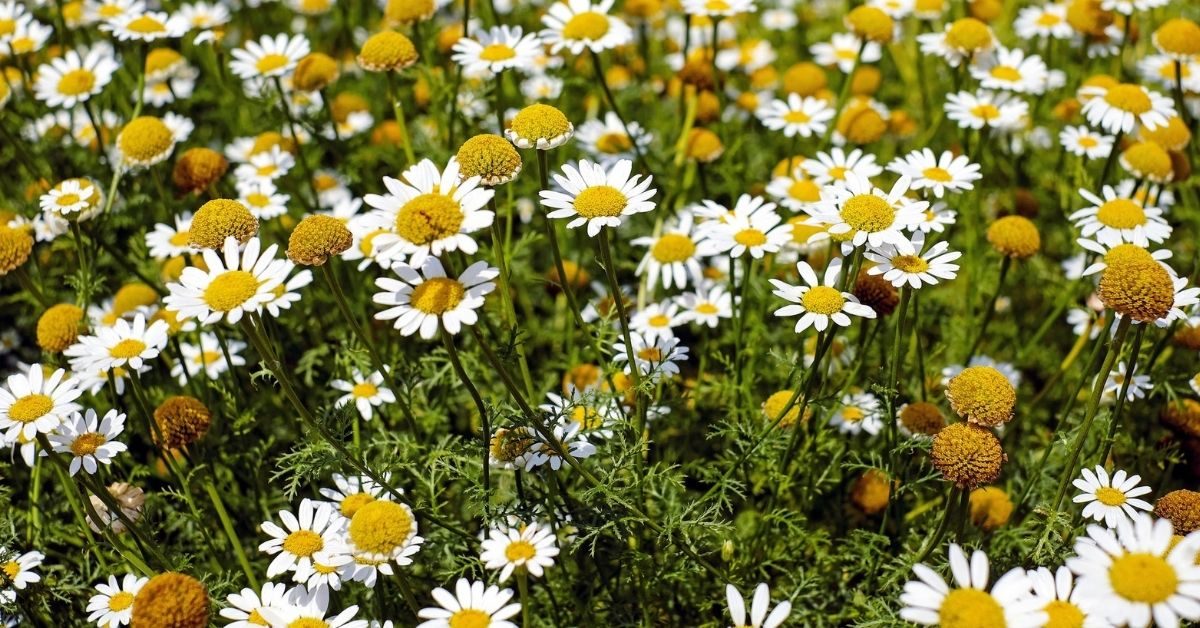
Chamomile oil is one of the most popular oils for sleep-related problems. Its floral aroma has sedative effects on the muscles to help your mind and body relax.
Remember it’s German chamomile that helps improve sleep quality. Roman chamomile oil is used for digestive issues; it’s not a treatment for sleep.
The effects of inhalation of chamomile essential oil are wonderful to help sleep, but the favorite method for adding chamomile to your bedtime routine is with a strong cup of chamomile tea.
3. Eucalyptus oil
Eucalyptus oil is most commonly used to treat colds and stuffy noses as it clears the airways and the sinuses.
If you’re having trouble breathing at night, eucalyptus essential oil works as a great decongestant and antibacterial agent to relieve stuffiness in the nasal passage and prevent sinus infections.
However, if you’re wondering how to calm anxiety at night, eucalyptus could be the answer. Studies also show that inhaling eucalyptus oil helps to reduce stress levels, cutting back nighttime anxiety.
One good way to apply eucalyptus scents is to add 1-3 drops of eucalyptus oil to common carrier oils that are slightly thicker, such as shea butter. This creates a balm you can keep on your bedside table and apply to your chest before you head to sleep.
4. Rose oil
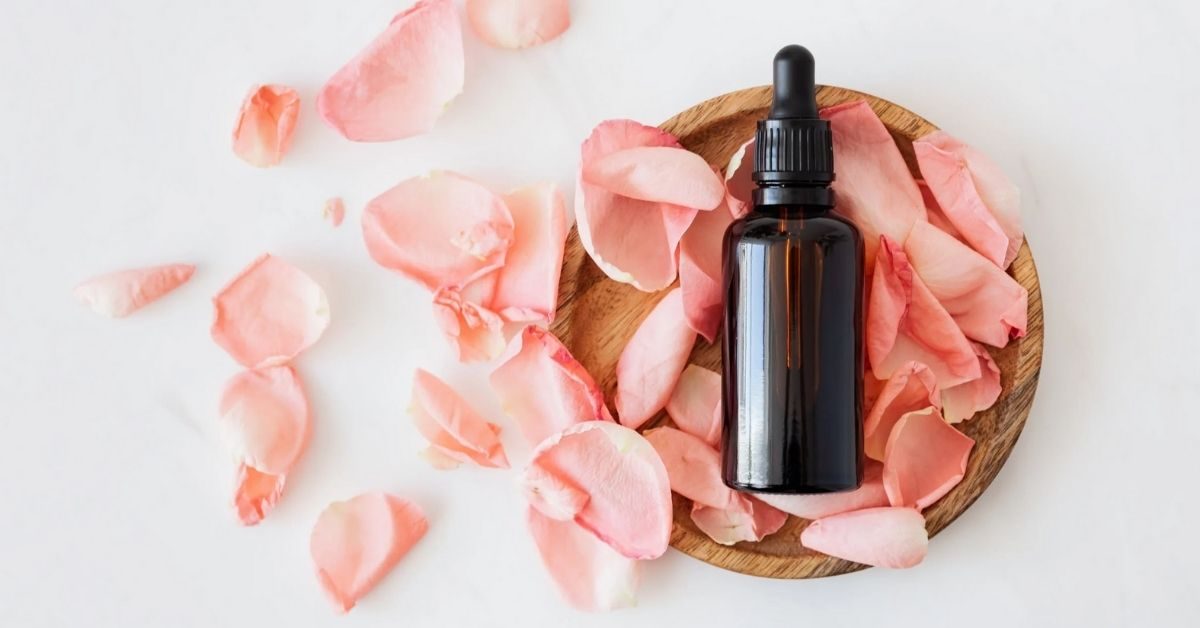
While rose oil is known for its benefits to the skin, rose is also a great oil for sleep, with studies showing that it has positive effects on sleep quality.
Rose oil helps to improve sleep efficiency so that you’re not awoken by sleep disruptions during the night.
Make rose oil by combining rose petals and a carrier oil in a mason jar. Place this in a hot water bath for 30 minutes and then strain the rose petals out. Place the rose oil in an essential oil bottle and rub a few drops on to your skin after your bath before bedtime.
5. Clary sage essential oil
Clary sage is very helpful for relieving the nervous tension that causes lots of different sleep conditions, including nighttime anxiety and insomnia.
By adding 3-5 drops of clary sage oil to a warm bath in the evening, you slow down your heart rate, helping to reduce nervous tension and relieve anxiety.
Note that clary sage is much more effective on women than men.
6. Jasmine oil
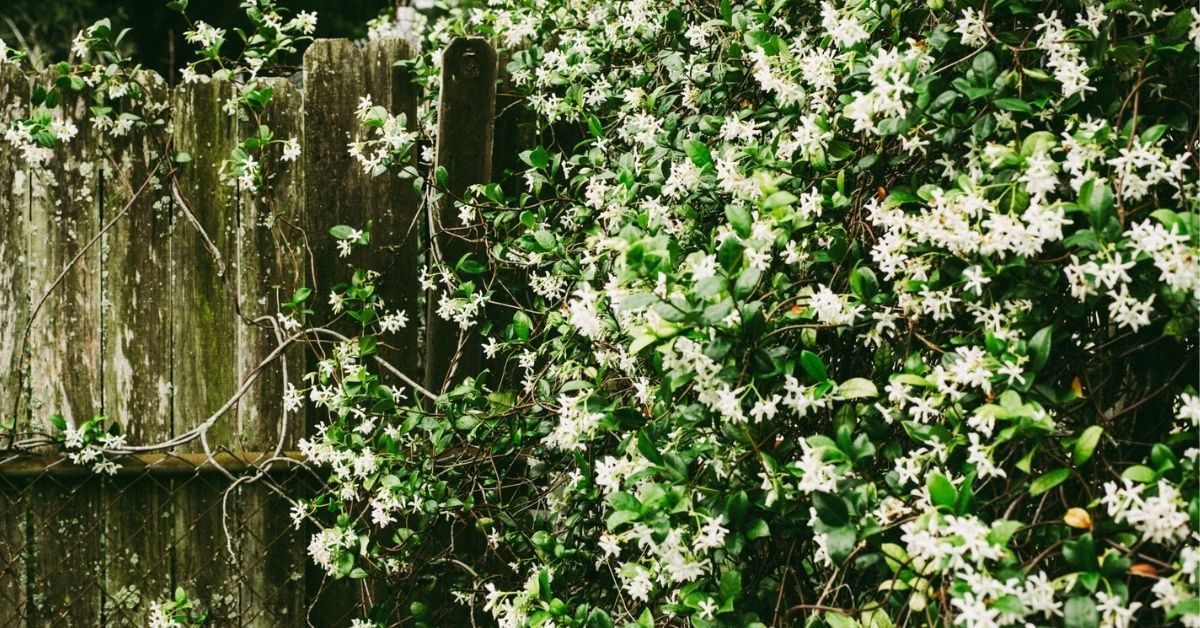
Jasmine oil is a well-known sedative with a sweet floral scent.
While jasmine hasn’t been studied nearly as much as lavender, researchers have found that jasmine quiets the brain and has sedative effects.
Studies also show that jasmine can reduce cortisol, which helps to relieve anxiety, reducing stress levels for a better quality of sleep.
One of the best ways to use jasmine is to create an essential oil blend with lavender and rose and add this to a mister bottle to create a sleepy room spray. Spray this on your bedding to drift into a deep sleep instantly.
Final Thoughts
Now you know what essential oils are good for sleeping, you can settle down for a peaceful night with a soothing scent drifting through your room.
Remember, not all essential oils are created equally. Make sure you find a high-quality essential oils supplier so that you’re getting oils with 100% concentration, rather than shoddy oils filled with carrier oils.
If you’re looking for a top essential oils supplier to find your sleepy aromatherapy oils, try VitaSprings.

Welcome to Snoozerville! I’m Dr. Alex Hartley, your guide to the world of restful sleep. With a Ph.D. in Sleep Science and years of experience as a sleep therapist, I’ve dedicated my life to understanding and improving sleep quality. My passion lies in uncovering the mysteries of sleep and sharing practical, science-backed advice to help you achieve the best rest possible. Beyond my academic pursuits, I’m an advocate for mindfulness and relaxation techniques, which I incorporate into my daily routine. At Snoozerville, I aim to transform your nights, combining the latest research with easy-to-implement tips. Whether you’re a chronic insomniac or just looking to improve your sleep hygiene, join me on this journey towards peaceful, rejuvenating sleep.

